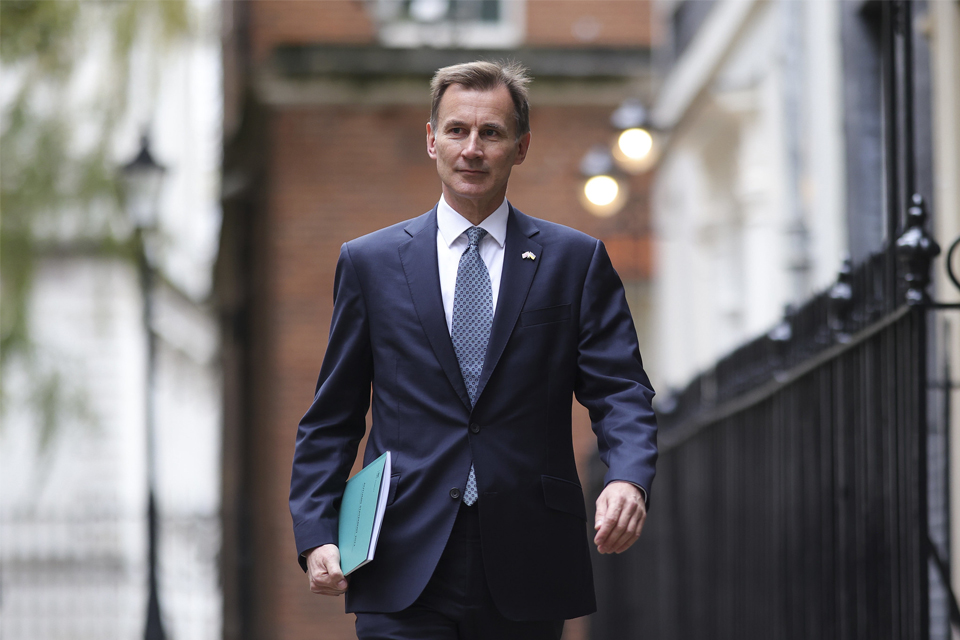
Ouch! That’s stung a bit…
Yesterday’s Autumn Statement came at a time of significant economic challenge for the whole world.
We are currently facing a war in Ukraine contributing to a surge in energy prices, increasing global inflation and central banks raising interest rates to control inflation – which increases the cost of borrowing and therefore slowing growth.
This is after higher levels of Government debt due to the impacts of Covid-19; UK Government debt spending is now expected to reach a record of £120.4bn this year.
A raft of tax increases is therefore not unexpected. They include:
- Road tax on electric cars from 2025
- Increased Council Tax
- 45% income tax threshold reduced to £125,000
- Personal allowances and reliefs frozen until 2028
- Capital Gains Tax threshold reduced from £12,300 to £3,000 in 2024
- Dividend Allowance reduced from £2,000 to £500 in 2024.
The last two measures will hit small investors particularly hard and care may be needed when doing a Bed and ISA (transferring money from taxable unit trusts to the same funds within a tax-free ISA wrapper).
So how much will these changes to income tax affect net incomes? This graphic shows how much worse off people earning up to £100,000 will be.

Whilst having less in our pockets is disappointing, the above figures show that The Autumn Statement will not have a disastrous impact on most people’s lifestyle.
The current rate of inflation is 11.1%, but the Bank of England expects this to fall sharply in 2023 due to the price of energy not rising so quickly. The BofE does not expect the price of imported goods to rise so fast and there will be less demand for goods and services.
A sharp fall in inflation is good news, but a key cause being reduced demand for goods and services is slightly worrying. Is this due to the Government forecasting higher unemployment? This would be the quickest way to reduce inflation, but quite brutal.
Key questions you need to ask yourself: how can you prepare for the next couple of difficult years, how will this affect your budget in the short term and what will the longer-term effects on your lifestyle be?
An emergency fund is essential. I would recommend that this is between at least three and six-months’ salary.
The next thing to do is a detailed expenditure analysis. This will ensure that you are in control of your spending and help identify areas where you currently spend money you could avoid.
If you earn £50,000 a year and can stop spending £572 on avoidable expenditure, you have just saved the amount the Government has picked out of your pocket.
How will the current situation affect your longer-term lifestyle? To analyse this, you need to create cash flow projections. These will tell you the truth about your money. You can build simple cash flow projections for free at:



